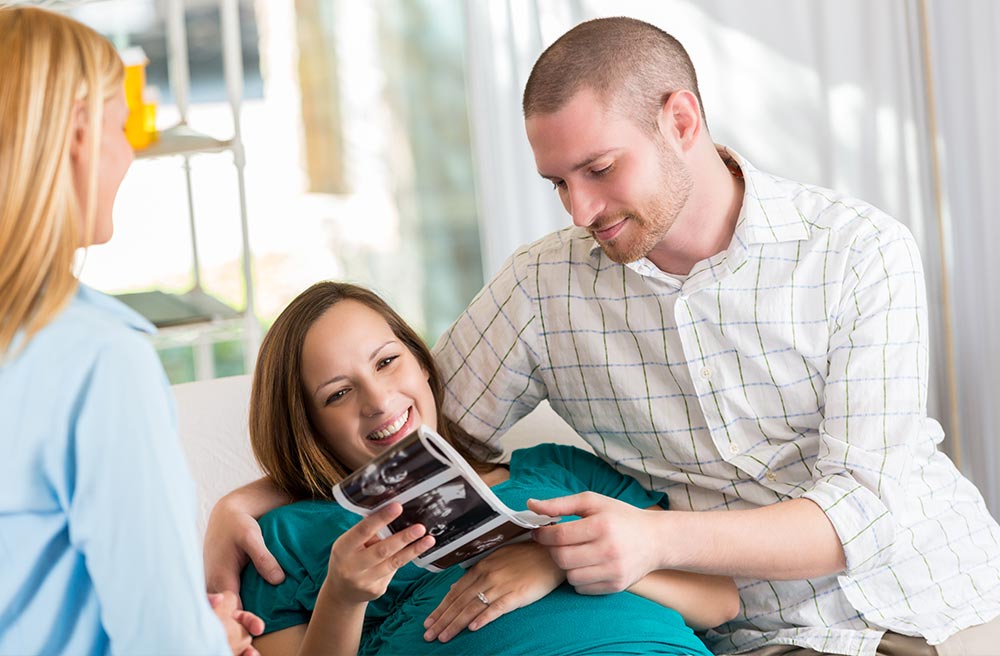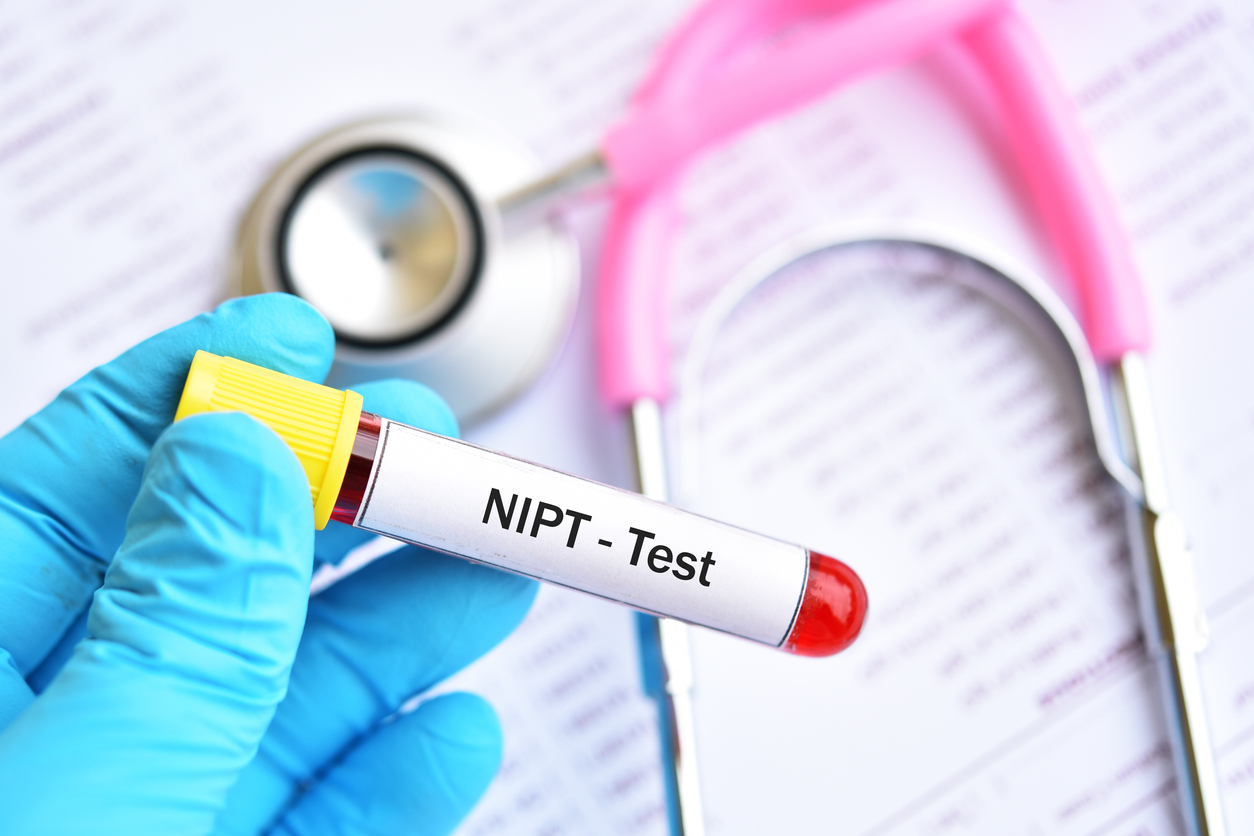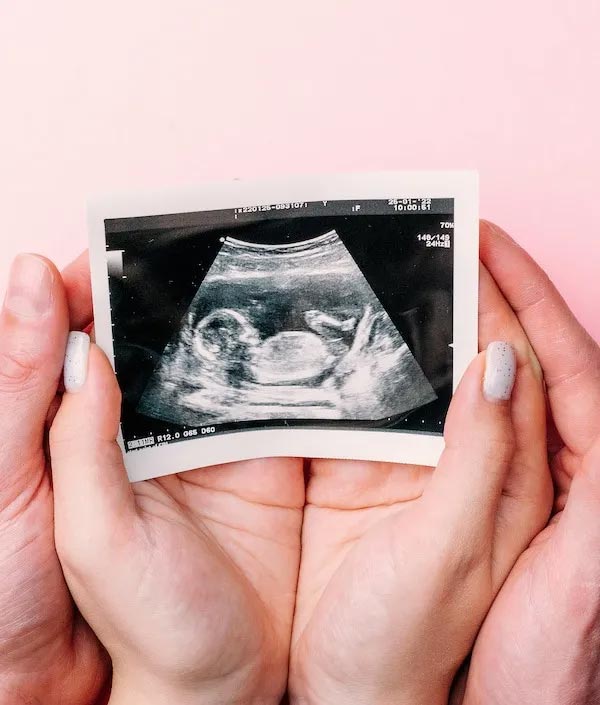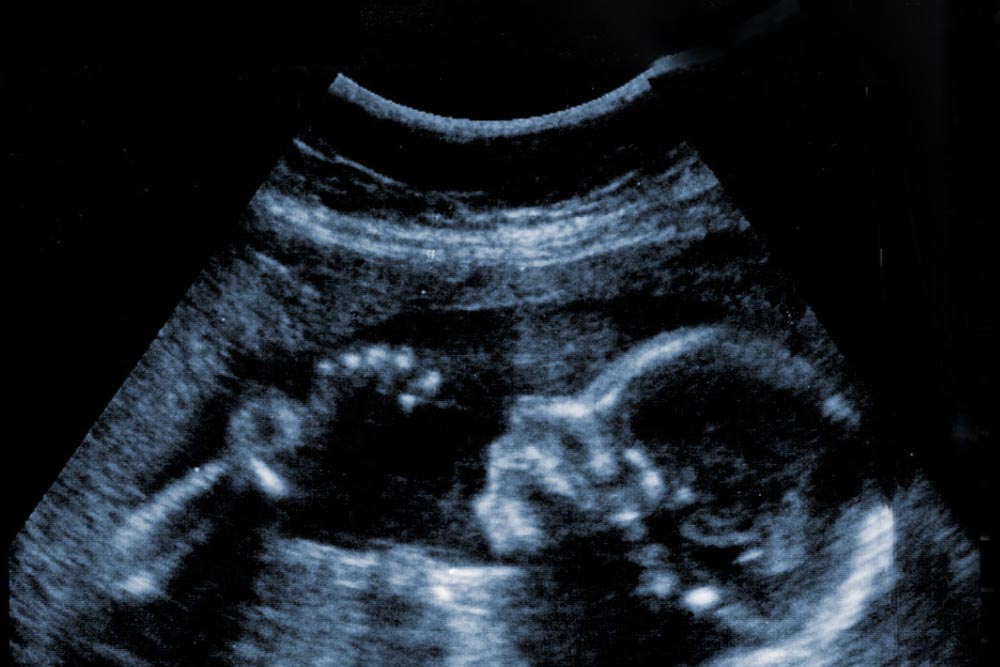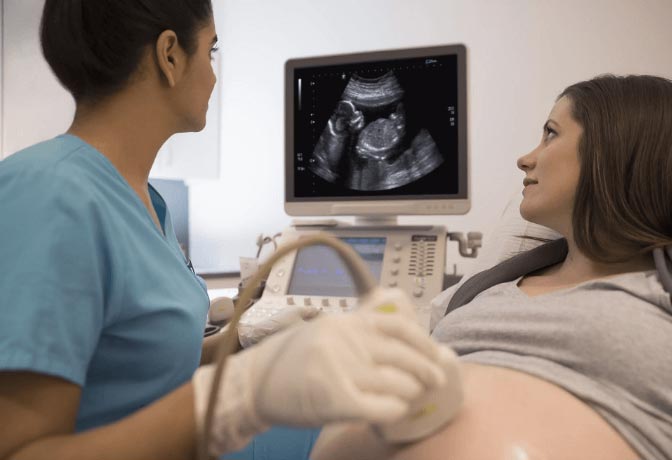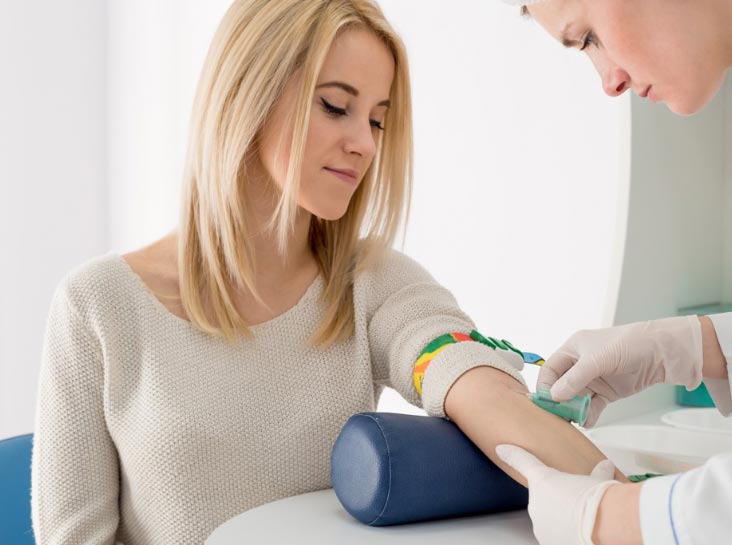- home
- Packages & Pricing
- Packages & Pricing
- Early Pregnancy Reassurance & Viability Scan
- Gender Reveal Scan
- Growth & Bonding Scan
- Luxury Gender Reveal Baby Scan
- Outstanding 4D Baby Scan
- Super Star 4D Scan in HD Live
- Watch Me Grow Package
- NIPT and Reassurance Scan
- 24/7 Emergency Pregnancy Scan
- 8K Enhanced Images
- Optional Extras
- Special Offers
- Locations
- Franchise
- 8K Enhanced Images
- Contact
- Book Appointment »
Book Appointment
- home
- Packages & Pricing
- Packages & Pricing
- Early Pregnancy Reassurance & Viability Scan
- Gender Reveal Scan
- Growth & Bonding Scan
- Luxury Gender Reveal Baby Scan
- Outstanding 4D Baby Scan
- Super Star 4D Scan in HD Live
- Watch Me Grow Package
- NIPT and Reassurance Scan
- 24/7 Emergency Pregnancy Scan
- 8K Enhanced Images
- Optional Extras
- Special Offers
- Locations
- Franchise
- 8K Enhanced Images
- Contact
- Book Appointment »
